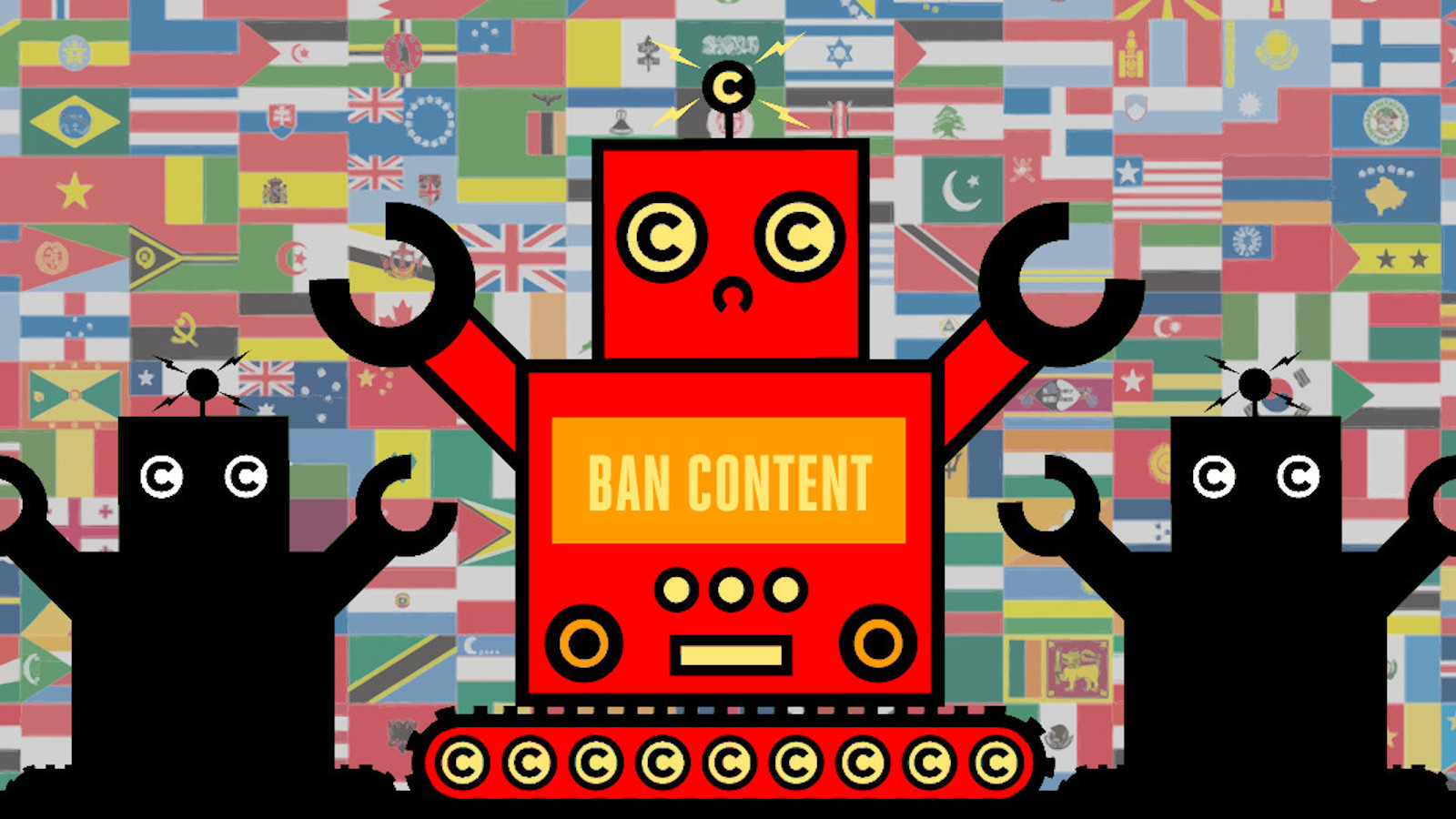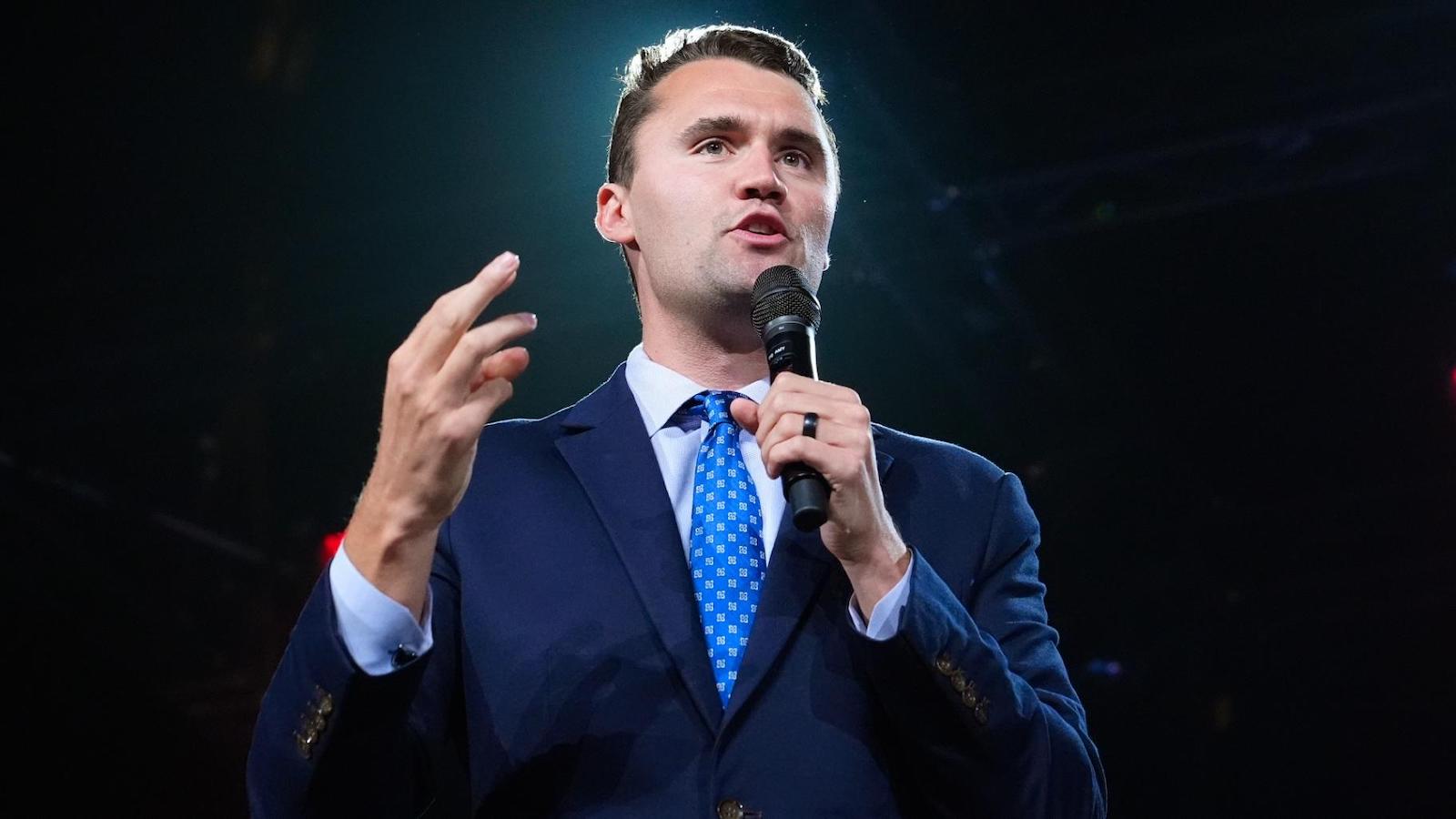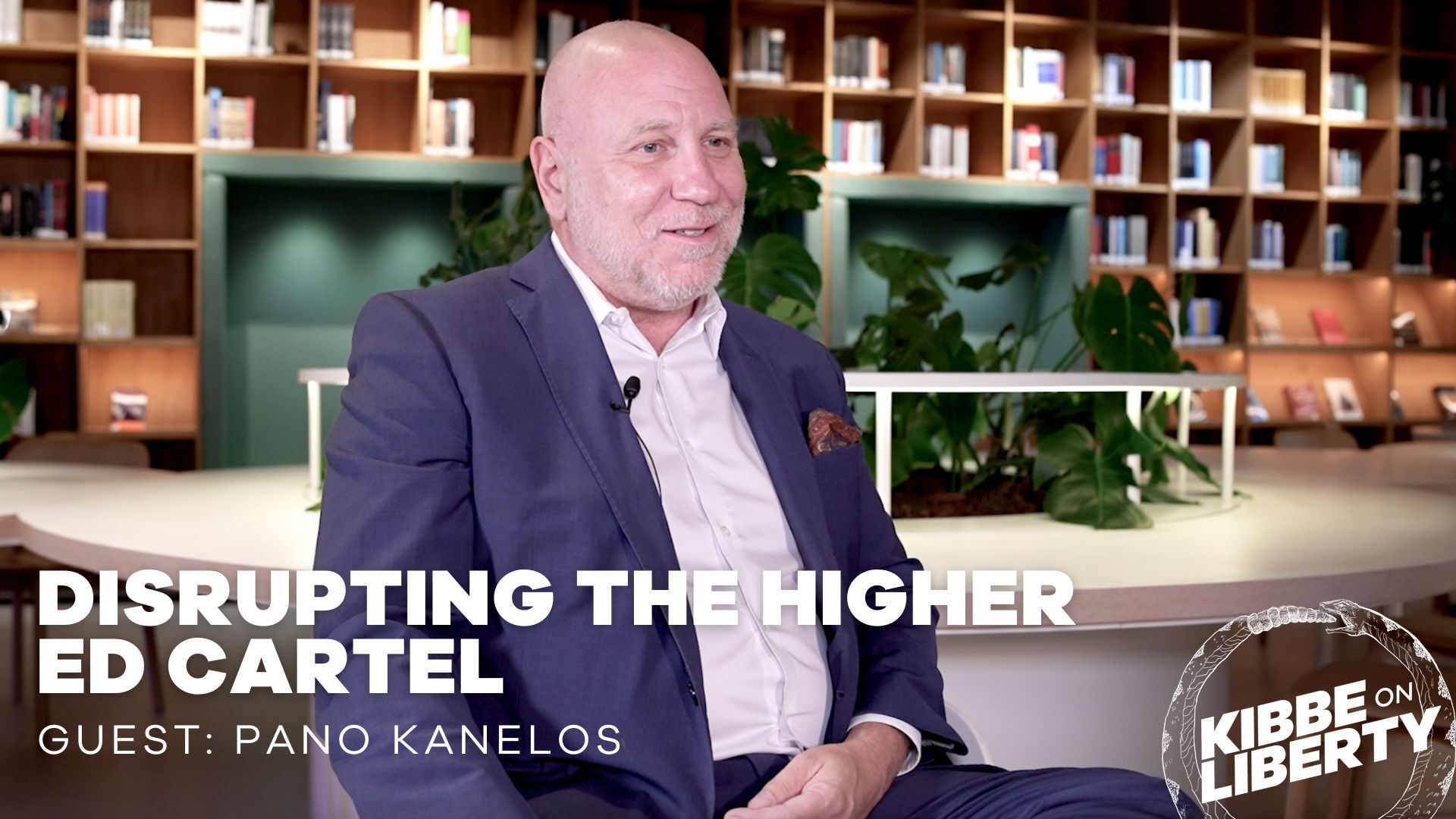
The State of Internet Censorship in 2019
The internet has the power to connect millions of people to each other and to information, remotely and instantly. While many acknowledge and enjoy the benefits of the web in every aspect of their lives, there are those who fear its power to share ideas, organize, and bring people together.
Why Control the Internet?
Few better examples exist for the formidable socio-political power of the internet, than the 2011 demonstrations in Cairo in which thousands of Egyptians took to the streets to overthrow the government—all made possible because a computer engineer called Wael Ghonim started a Facebook group.
While many celebrated the power the web placed in the hands of ‘the people,’ to political dictators it was another thing to worry about. As Orwell wrote in his classic 1984, ‘knowledge is power’ and many governments understand the need to limit knowledge to retain that power.
Many of those who pioneered the internet in the early 1990s hoped that ‘cyberspace’ would realize their dreams of creating a free and independent society outside the real world, without the rules and corruption of oppressive governments and corporations. But the web proved too powerful, and from the ‘free West’ to oppressive regimes around the world, authorities are tightening their grip. Internet censorship is on the rise.
Censorship Today
Censorship exists on a continuum, which makes it a slippery subject, with obvious acts of oppression at one end and protective restrictions at the other. For example, not allowing under 18s to access pornography might seem sensible (and in keeping with many existing print and video laws), but China’s recent banning of Wikipedia might seem more motivated by oppression and control, than the safety of its citizens. Most regimes will claim safety, national security, or moral reasons for censorship, which don’t stand up to scrutiny.
Around the World
As recently as May 2019, Russia passed a law with only 23% public support. The law makes it possible for the government to sever the country’s internet connections to the outside world. Critics say the law means the government can now completely control what is seen and heard online in the country.
Russia and China’s censorship often make headlines, but they are not alone in the oppression Olympics. Recent 2019 headlines include:
- Cuba blocks independent media amid 2019 constitutional referendum
- Social media blocking and internet blackout amid 2019 elections in the West African country of Benin
- Sri Lanka blocks social media after Easter Sunday bombings
- Venezuelan opposition targeted by internet censors
- Zimbabwe protests: Social media blocking and internet blackouts
Countries including North Korea, Belarus, Cuba, and Turkey have strict policies against torrents as well as political media, pornography, and social media platforms. The latter has a country-wide blacklist of 100,000 websites.
China employs more than 50,000 technicians to monitor internet usage, and Ethiopia prohibits certain social media apps without authorization, along with the viewing of various content including political media and pornography.
While the most oppressive regimes implement blatant censorship by blocking access to certain websites, along with the use of certain instant messaging apps, ToR, VPNs, and other censorship circumvention tools, other governments have introduced or proposed ill-advised laws that aim to ‘protect,’ but which also censor.
The Middle East
Most of the Middle East is subject to tight internet censorship, but some of the laws are open to interpretation or open-ended enough to cause concern. For example, Iran demanded that messaging apps operate within the control of authorities, and not only incentivized switching to state-monitored apps, but even threatened to prosecute some social network users who did not make the move.
In Saudi Arabia, anti-religious speech can be illegal and Jordan proposed amendments to their Cybercrime Law in September that would ‘prohibit hate speech.’ The issue is the ambiguity of what comprises ‘hate speech,’ and when the punishments can be harsh, many people self-censor in an effort to avoid individual persecution and weaponization of the law to silence specific groups.
The West
The above regions don’t have the monopoly on internet censorship. Even the ‘freedom-loving and liberal West’ is proposing and introducing various measures to monitor and control content and access on the internet. While the intentions can often seem benign, the potential results include increased surveillance, data privacy issues, reduced freedoms, content censorship, and self-censorship.
Copyright
In 2018 the EU proposed a law (Article 13) to protect copyright, which would surveil posts on internet platforms and scan them for copyright infringement. While wholesale sharing of copyrighted media (films, TV shows) should be protected, the law will not only ban but automatically remove many internet memes and even parodies—including short gifs.
In April 2019, Austria proposed a law to ban anonymous online comments. While this is not direct censorship, critics argue that it encourages self-censorship—“This is little more than an attempt by the government to limit anti-government dissent and criticism.”
Harm
As well as copyright concerns, European governments are keen to tackle content that ‘causes harm’—placing the responsibility with sites and platforms, including those that share user content. Legislators in the UK published the ‘online harms white paper’ which detailed plans to impose a duty of care on sites that allow users to share and view user-generated content, making them responsible for monitoring and controlling “behaviors which are harmful but not necessarily illegal.”
While the harms paper said it aimed to tackle terrorism and child sexual exploitation, it included activity with less clear definitions: coercive behavior, intimidation, and disinformation. This is a highly contentious issue as defining ‘harm’ isn’t easy in a legal context, and even harder in a moral or ethical context: does harm include offense? And, if so, who gets to decide what is offensive?
This principle of harm has led the UK government to introduce a new law that requires porn sites to get proof of ID from UK residents before use in an effort to stop minors from accessing explicit content—an act which many oppose due to the privacy risk involved in connecting your personal ID with your pornographic interests, on sites which could easily fall foul of a data breach.
Terrorism
Following the devastating terrorist attacks in New Zealand which claimed the lives of 51 people in 2019, Prime Minister Jacinda Ardern led a summit which issued a statement signed by 17 nations. The statement agreed to “eliminate terrorist and violent extremist content.”
There has been wide criticism for the statement, with one news site saying: “No one should be fooled by worthless assurances that these governments and corporate giants will protect ‘freedom of expression.’ What constitutes ‘terrorist’ or ‘extremist’ material will be decided by the state agencies.”
In Finland, access to the internet has been enshrined as a basic human right, but would this change if the internet facilitated the broadcasting and murder of 51 of its citizens?
Fake News
Another concern in the West is, as Freedom House reports, ‘the dissemination of disinformation.’ Disinformation has played a key role in wars for more than 100 years and its methods have grown with technology, from the printing press to radio and television. Today, the internet has amplified the reach and power of disinformation from lone wolves through terrorist groups to state actors.
It may seem fair for governments to want to ‘protect’ citizens against misinformation and ‘fake news’—especially after the rumored influence of Russia in the Brexit referendum—but who will vet what we the people can and cannot see? Few in the West think people should be allowed to incite violence. Should the government police fake news too? And would attempts to do so mean reduced freedoms in other areas?
Business
Another concern is that government pressure could force internet platforms to monitor their users and impede their privacy. It may also encourage companies to ban users unfairly under pressure to avoid fines or other punishments for failing to uphold laws.
Twitter has been criticized for some high-profile bannings in recent years—from Milo Yiannopoulos to comedian Kathy Griffin. While these have not been driven by legislation (Dorsey has been criticized for his left-wing bias), it demonstrates the power of the platforms to act if incentivized to do so.
In March 2019, The New York Times wrote: “What if Facebook, YouTube, and Twitter were treated like traditional publishers, expected to vet every post, comment, and image before they reached the public? Or like Boeing or Toyota, held responsible for the safety of their products and the harm they cause? Imagine what the internet would look like if tech executives could be jailed for failing to censor hate and violence.”
The concern is that if businesses are to be held responsible for users’ behavior, they will take a hard line with individuals, automatically remove content, or simply withdraw services.
What Does the Future Hold?
Those who championed the internet in the early 90s hoped that it would be free from the corruption and oppression of the real world. And for a time it was.
New things are always unregulated—until they’re not. Legislation is always late and retroactive. In its early years, the internet had limited power—not least because it was only accessible by a benign Westerners with the hardware and know how to do so. Today, the combined information and connectivity of the web is potentially available to anyone with a mobile phone wherever they are. And this poses a problem in our globalized world as worldviews and political agendas collide.
As Electronics Frontier Australia says: “the internet is the victim of its own success.”
So can we expect more internet censorship, or less? At the international level, we are seeing a steady fracturing of the once-imagined global village into global factions, each with their own idea of what speech on the internet should look like.
Thought leaders predict that in more oppressive countries where “freedom of speech is seen as a political or even existential threat by the government,” technical censorship will spread. Many of these countries will require registration for websites, and governments will conduct ‘legal’ attacks on anonymity. While China seems to be opening up to the world, it is still technically, a communist dictatorship, so its recent banning of Wikipedia—an apolitical source of information—might be a foreshadowing of continued or growing restrictions. It is known as The Great Firewall—or, in China, as the Golden Shield Project.
In democracies, restrictions come under the guise of ‘protecting children’ or ‘stopping hate speech’ but still risk eroding freedom of speech—whether at a technical level or a self-censorship level. The people of Western democracies trust their governments more than others, and this may be understandable, but this makes it easier for them to usher in well-intentioned legislation that ultimately results in censorship.
Free the People publishes opinion-based articles from contributing writers. The opinions and ideas expressed do not always reflect the opinions and ideas that Free the People endorses. We believe in free speech, and in providing a platform for open dialogue. Feel free to leave a comment.




Dawn M. Sousa
No. 1; My name, address, zip code, gender SHOULD ABSOLUTELY NOT BE REQUIRED OR AN ISSUE IN THE FIGHT AGAINST CENSORSHIP IN THE USA OR ANY WHERE ELSE FOR THAT MATTER; No. 2 – I SHOULD NOT BE REQUIRED TO DONATE ANY SUM OF MONEY IN ORDER TO JOIN ANY ORGANIZATION OR GROUP AGAINST CENSORSHIP HERE IN THE USA OR ANY WHERE ELSE; No. 3 – ANY ORGANIZATION THAT REQUIRES ANY ONE OR ALL OF THEABOVE IS A POLITICALLY MOTIVATED ORGANIZATION AND, ESSENTIALLY, EXOTORTIONISTS! BECAUSE I FIRMLY BELIEVE IN THE FOREGOING STATEMENTS, I WILL HAPPILY GIVE YOU MY NAME AND EMAIL BITCH!
Uwu xD Rawr!
Calm down lol